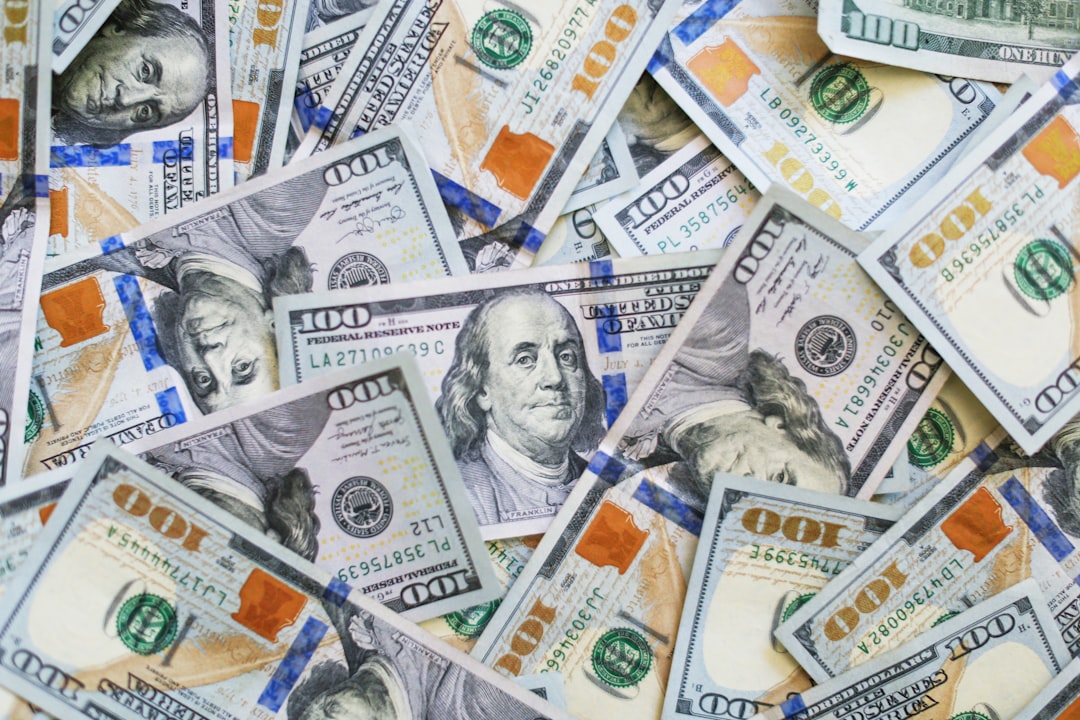If you're trying to become a trillionaire, you've come to the wrong place 💸
The path to building wealth takes multiple forms with varying levels of risk ⚖️

With the proliferation and uptake of social media platforms, it’s never been easier to access unsolicited— and sometimes low-quality — financial advice.
Consider this recent post on X that apparently got over 6.5 million views as of Monday:
After Bill Gates became friends with Warren Buffett, he began to diversify his portfolio and sold Microsoft shares.
Bill Gates' fortune today is 138 billion dollars, if he hadn't diversified it would be 1.33 trillion dollars.
Be careful with diversification and with friends who recommend it.
To this person’s credit, the essence of what he argues is true. The more you diversify your investment portfolio, the less you are able to benefit from the extraordinary gains of any single position.
But his point is incomplete.
Legendary statistician and risk analyst Nassim Nicholas Taleb — author of “Fooled by Randomness” — addressed the post with this succinct response:
Double Fooled by Randomness du Jour.
1) Diversification is not aimed at raising returns but lowering variance ACROSS possible histories. What if MSFT went to 0?
2) Cherry Picking: Consider the 000s of entrepreneurs who DID NOT diversify.
Indeed, while diversification can limit your potential upside, the key benefit is that it reduces your risks to the downside.
And yes, for every mega success story you hear about in business, there are many more stories of failures.
Picking winners is extraordinarily hard 🎲
Keep reading with a 7-day free trial
Subscribe to 📈 TKer by Sam Ro to keep reading this post and get 7 days of free access to the full post archives.


